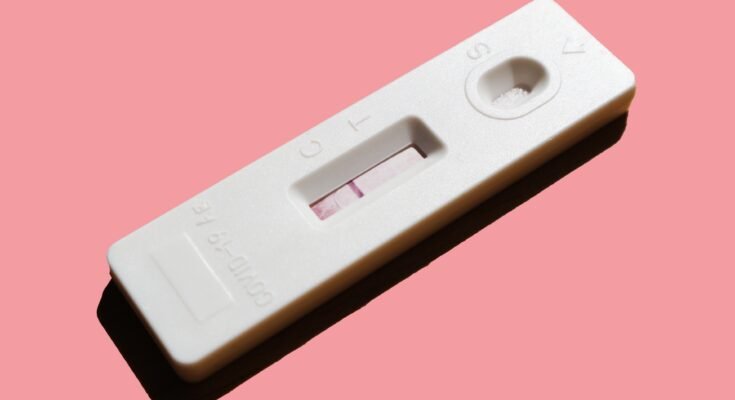On Saturday Jan. 7, many Vanguard students moved into their dorms for the beginning of the semester. As we walked back into the room we left behind in 2022, many of us found a small pink bag with what looked like a box of crayons and a letter. The colorful box read COVID-19 Antigen Home Test, and the letter urged the students receiving this goody bag to take the test and track any possible symptoms of the coronavirus. While this request certainly is not un-warranted considering the toll this illness has taken on our lives, the question has been posed, is COVID over? Or is there no escaping it?
According to the Center for Disease Control and Prevention, there was 44,537 cases of COVID-19 during the week of Jan. 5 to Jan. 11 in California alone. In the entire U.S., there was 414,721. To put this into perspective, the center said there was a total of 8,281 cases of the flu in the same week. Now, to be transparent, this week was not the height of the flu season. But it was not the height for COVID either—as I am sure we are all aware. But this does not accurately answer the question of whether or not COVID is “over”. Sure, we know now that it is more of a threat than the flu, but that was already slightly obvious—hence the two-year lockdown.
The real meaning behind the question of whether COVID is over, has more to do with the lingering fear that there will be another big breakout, forcing us back into quarantine and worried for our lives.
In keeping with the theme of comparing the coronavirus to the flu, there is obviously not the same fear with the latter of the two. This may have to do with the difference in the number of cases, but there is also the factor of the vaccinations. The flu vaccine has been around for as long as I can remember, which has led to the supposed wimpy-ness of the sickness in my mind. How scary could it really be if there’s a vaccine? The same attitude was not widely adopted with the release of the COVID vaccine. People were warry of this new antidote at its arrival. But now that it has been available to the public for over a year, 72.5% of California is fully vaccinated. And this recent wide acceptance of the COVID vaccine has given us a sense of security when it comes to the possibility of returning chaos.
Now that we know the number of cases and the expected future of the sickness, the only thing left to consider—possibly the most important factor—is how we all feel about COVID. Can COVID really be over if we are all still afraid of it? On the flip-side of this, can we beat the virus if we let our guard down too quickly?

VU Voice Instagram Poll taken on Jan. 20
According to the student population on Instagram, 67% of people say COVID is not over, while 33% say it is over. While it may be easy to just say “majority rules”, in this situation it is not that simple. One third of the population is still substantial.
Since there is not a definitive agreement that can be made among the students, maybe it is best to think of COVID as changed rather than as “over” or “not over”. Since the disease itself has not gone away completely, it cannot truly be over, and since the protocols in place for COVID have all been removed, it does not feel like a battle we are still fighting. So, is COVID over? No it certainly is not, but it also is not the sickness we all once knew.

 The Liturgical Calendar: Should Christians Observe It?
The Liturgical Calendar: Should Christians Observe It? Embracing Authenticity in the Pursuit of Success: A Reflection on Journalism, Education, and Meaningful Academia
Embracing Authenticity in the Pursuit of Success: A Reflection on Journalism, Education, and Meaningful Academia Spring Concert: Music From Around the World
Spring Concert: Music From Around the World Recycling on College Campuses
Recycling on College Campuses
Excellent article. I read it while I was enjoying a delicious hamburger from America.